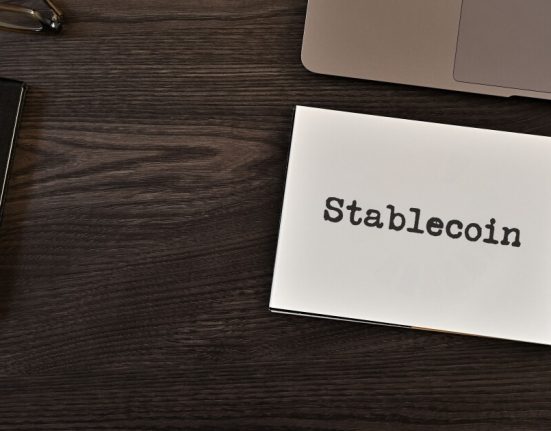Stay informed with free updates
Simply sign up to the UK banks myFT Digest — delivered directly to your inbox.
NatWest and Lloyds are among the big banks braced for losses on billions of pounds in loans to troubled UK broadband providers, as the weakest players in the nascent fibre sector battle mounting financial pressure.
Dozens of “altnets” — alternative network providers — have tried to challenge the dominance of BT’s Openreach and Virgin Media O2 but many are struggling to attract enough customers to meet the costs of their network rollout and have been hit by higher interest rates.
Lloyds Banking Group said last month that its commercial banking unit had set aside £25mn to cover loans that were unlikely to be repaid in full. Its chief financial officer, William Chalmers, said these provisions were largely isolated to loans for the fibre sector.
Chalmers said the sector had suffered “bumps in the road” because of “higher construction costs” and “lower subscriber numbers than people had originally anticipated”.
NatWest was among the banks most exposed to altnets, said four people familiar with the matter, two of whom estimated that the bank had lent about £1bn to the struggling sector.
NatWest has taken provisions in relation to its loans to the fibre sector, said a person close to the bank. Its commercial and institutional division reported a £76mn impairment in its second-quarter results, which the person said included expected losses on loans to altnets.
The bank did not have any significant concerns about its credit portfolio, they added.
Creditors are holding talks with several altnets over how they will repay substantial debts they accumulated to fund the construction of fibre optic networks.
Gigaclear, an altnet serving more than 600,000 homes in mainly rural communities, is in negotiations with lenders — including Lloyds, NatWest and HSBC — over how to solve a funding shortfall, according to two people familiar with the matter.
In 2023, the year it secured a £1bn debt package, Gigaclear generated just £34mn of revenue. One person involved in the talks said the banks could end up swapping debt for equity or extending Gigaclear’s credit facility. Gigaclear’s shareholders might also inject more cash, the person said.
Gigaclear said its stakeholders remained supportive. “We continue to work constructively with them to explore a range of options that support the long-term success of Gigaclear and deliver the best outcome for all parties,” it said.
Another altnet, London-based G.Network, is searching for a buyer after accumulating £386mn of debt, against revenues of £10mn last year. G.Network declined to comment.
The issues in the sector are also set to affect the state-backed National Wealth Fund, which has committed £1.1bn for lending to altnets in recent years. The NWF has also offered indemnities to lenders on some riskier loans to the sector to encourage investment, according to two people familiar with the matter.
The fund said that ensuring good internet connectivity across the UK was “key to [economic] growth — an essential part of the NWF’s mission”.
“We only commit capital where we are needed and, in the case of altnets, where market appetite is restricted, we have worked to crowd in commercial investors to help meet the government’s Gigabit ambitions,” the NWF added.
Dozens of lenders — including Société Générale and ABN AMRO — loaned billions to altnets after industry regulator Ofcom launched a plan to encourage competition in the UK broadband market.
As a result the UK now has about 75 broadband providers, according to comparison site ThinkBroadband. The intense competition has driven down prices and returns in an industry with high upfront costs.
Karen Egan, head of telecoms at Enders Analysis, said writedowns in this sector had been “inevitable for some time”. Enders calculates altnets are collectively carrying more than £7bn of net debt.
“The interest bill [for these companies] . . . is even higher than their revenue bases in many instances,” Egan added.
Lloyds, NatWest, ING, ABN Amro and HSBC declined to comment.







